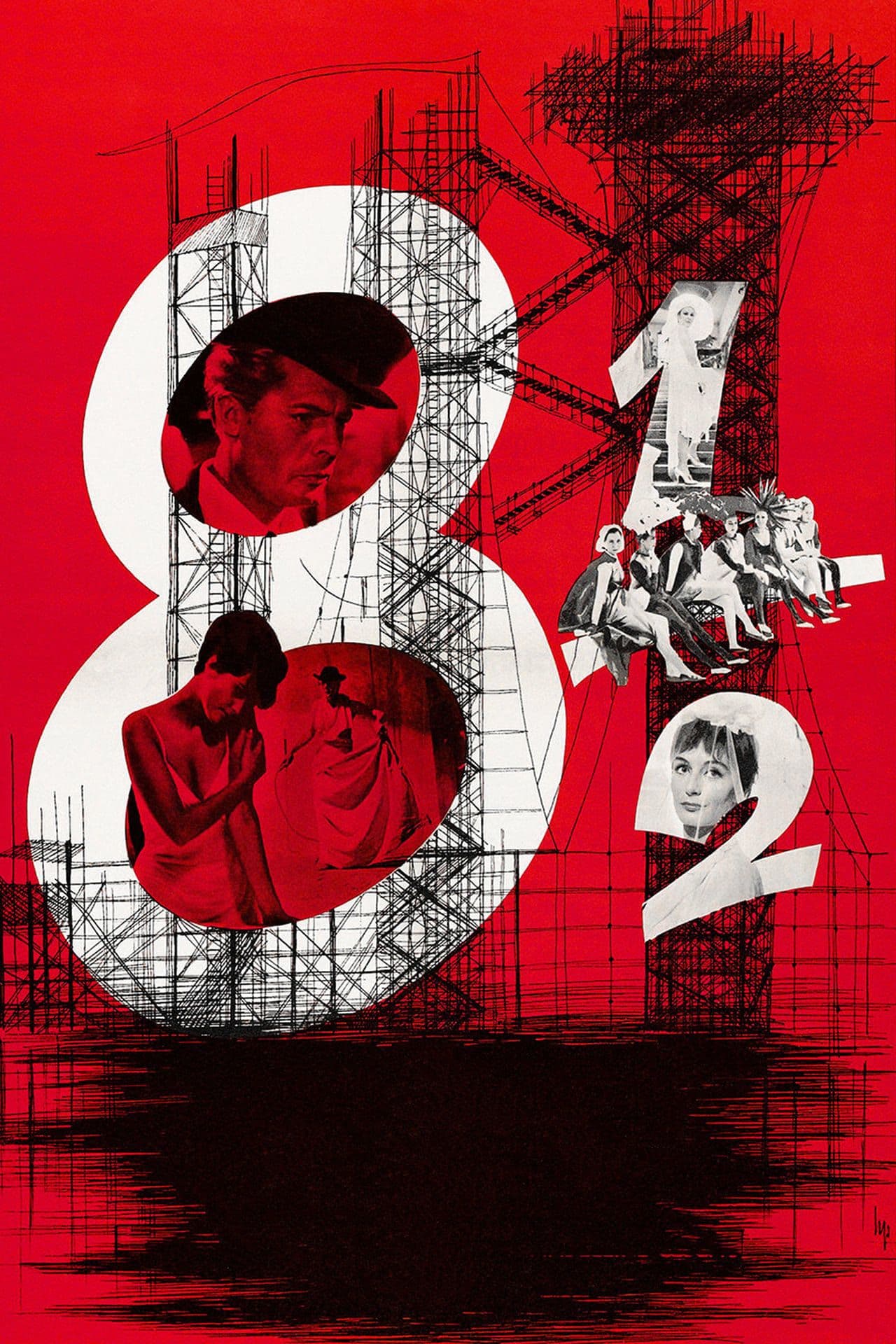
8½
1963
Rate this movie
Average: 4.00 / 5
(1 votes)
Director
A self-referential and strictly autobiographical film is what Federico Fellini shot in the early 1960s, amidst a full cultural and political revolution. It is the Italy of the "economic miracle," a country poised between dazzling modernity and the weight of a millenary tradition, and in this crucible of ferment, the artist retreats into the lair of his consciousness, transforming creative crisis into raw material. The film is not just the chronicle of a block, but a keen reflection on the very nature of creation and the impossibility of separating the man from the art he produces.
A work that sets in motion an underground counter-culture, almost reactionary in its forms, as it distances itself from social realism to embrace introspection and the fantastical, but subtly revolutionary in its expressive means and metanarration. Fellini, in fact, does not limit himself to telling a story, but dissects the narrative process itself, unmasking conventions and redefining the boundaries between fiction and reality. The powerful force of irony, a sharp and disenchanted weapon, triggers a secret and insurmountable movement, allowing the director to play with his own image and audience expectations, anticipating by decades that reflective and self-conscious cinema which would later flourish, from Godard to Woody Allen in Stardust Memories, up to Charlie Kaufman's most recent forays.
Guido Anselmi (Marcello Mastroianni) is not simply a director trying to relax after his last cinematic effort; he is the archetypal artist at a crossroads, a transparent and magnificently fragile alter ego. He is perpetually haunted by characters seeking work in cinema, by pressing producers, and by a retinue of pompous intellectuals who besiege him with unsolicited advice, but above all by personal dreams and paranoias that slowly insinuate themselves from the past, fragments of memory and unconfessable desires manifesting with the distorted and unpredictable logic of the subconscious. Mastroianni, with his melancholic elegance and his ability to embody both the mask and the tormented soul, makes Guido a universal character, a modern Prometheus chained not to a rock, but to the labyrinth of his own mind.
Many memorable scenes have become part of our collective imagination, pieces of a psychoanalytic and visual mosaic: Barbara Steele's sensual dance by the pool, an epiphany of enigmatic beauty that breaks the healing monotony of the spa; the dream with the leg suspended in the air tied to the ground by a rope with a marvelous downward shot, an allegory of freedom and constraint, of unfulfilled desire and a rebellious unconscious; the visionary harem, the quintessence of Fellini's masculine fantasy, where the showgirl is forced to retire to the upper floors due to age limits and where a disturbing Valkyrie asks her to perform, a cruel and poetic metaphor for decline and the perennial search for youth and vitality. And then again, the final dreamlike procession, a collective catharsis that unties the knots of the narrative in a liberating dance on a circus ring, symbolizing life itself as a grand and mocking spectacle.
A myriad of situations like dreamlike pieces of a great underlying design, where the boundary between what is lived and what is dreamed, between memory and fantasy, dissolves into a fluid and fascinating continuity. Fellini, with the help of Gianni Di Venanzo's sublime black and white cinematography and Nino Rota's ethereal and circus-like music, paints a fresco of the human mind, its hidden layers and its Jungian archetypes. The camera moves with the lightness of a thought, exploring the depths of creative block and the suffocating expectations weighing on the artist.
A crystalline film, pure and sharp like a ruby freshly cut by an expert hand, which leaves one bewildered like a dream we cannot reconstruct but whose echo we deeply feel. Its fragmented and non-linear structure, which at the time appeared as a daring provocation, is in reality the most faithful representation of Guido's mental process: a stream of consciousness that rejects every conventional narrative scheme to embrace the irrationality and poetry of thought. It is the indelible imprint of cinematic modernism, a work that opened the doors to new forms of expression, demonstrating that true art lies in the ability to look within oneself with brutal and joyous honesty.
Thus, Fellini births an imaginative treasure with every shot, creating a glossary of baroque icons, almost rococo in their opulence and emotional excess, a key with which to interpret his poetics, his splendid humanity. It is not just the crisis of a director, but the crisis of contemporary man, besieged by complexity, searching for meaning in an increasingly disorienting world. Fellini offers no answers, but a joyous and melancholic celebration of the search itself, a hymn to life in its irreducible mix of beauty and ugliness, sacred and profane. His greatness lies precisely in this ability to transform the most private introspection into a universal experience, resonating with anyone who has ever sought meaning, direction, or simply a spark of inspiration.
Absolutely the most beloved Italian film abroad, an icon of world cinema whose influence is palpable in the works of directors from every latitude, from Ingmar Bergman to Woody Allen, from Paolo Sorrentino to Leos Carax. A masterpiece that continues to question, to inspire, and, above all, to make us dream with our eyes open.
Genres
Gallery
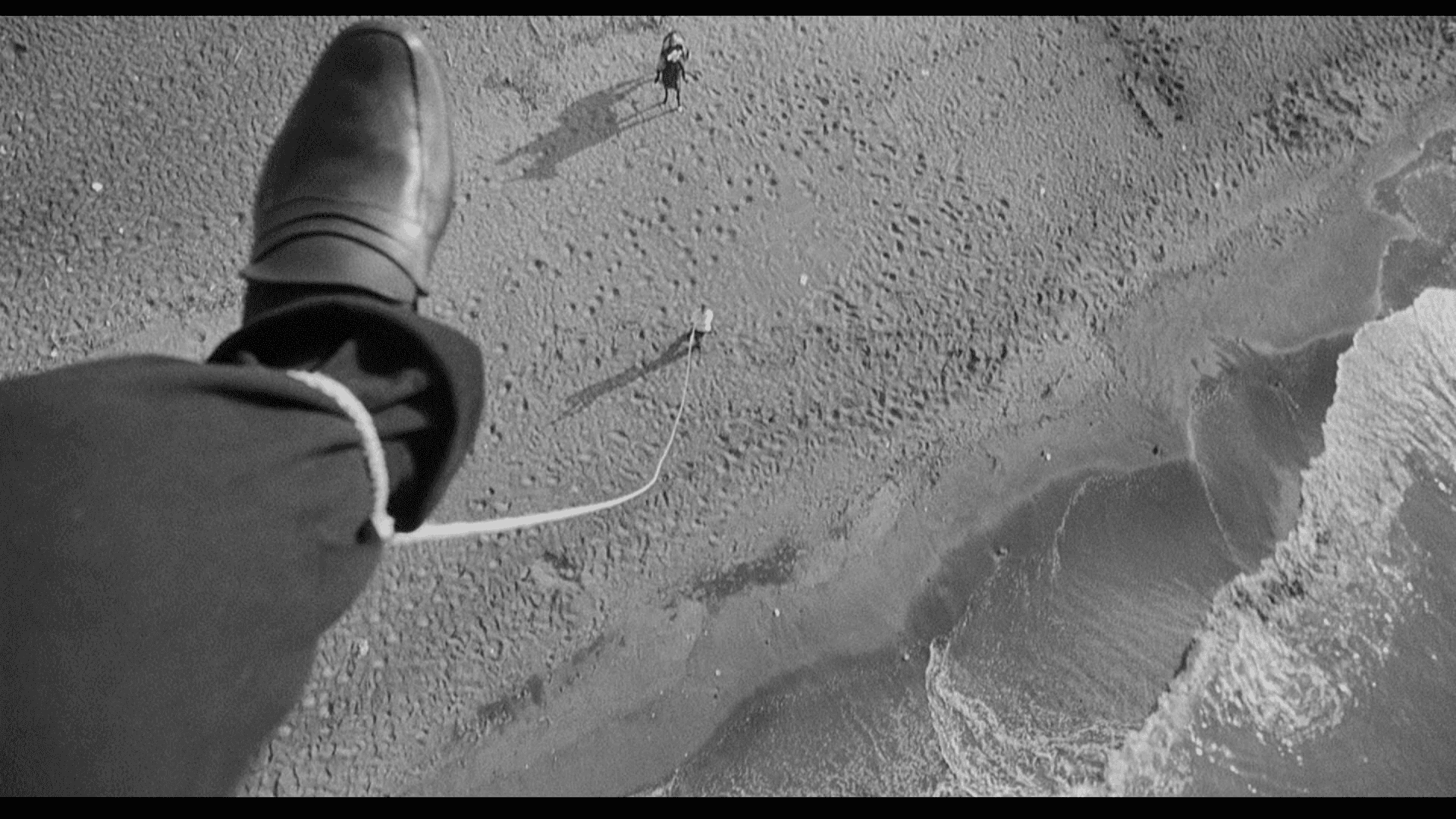

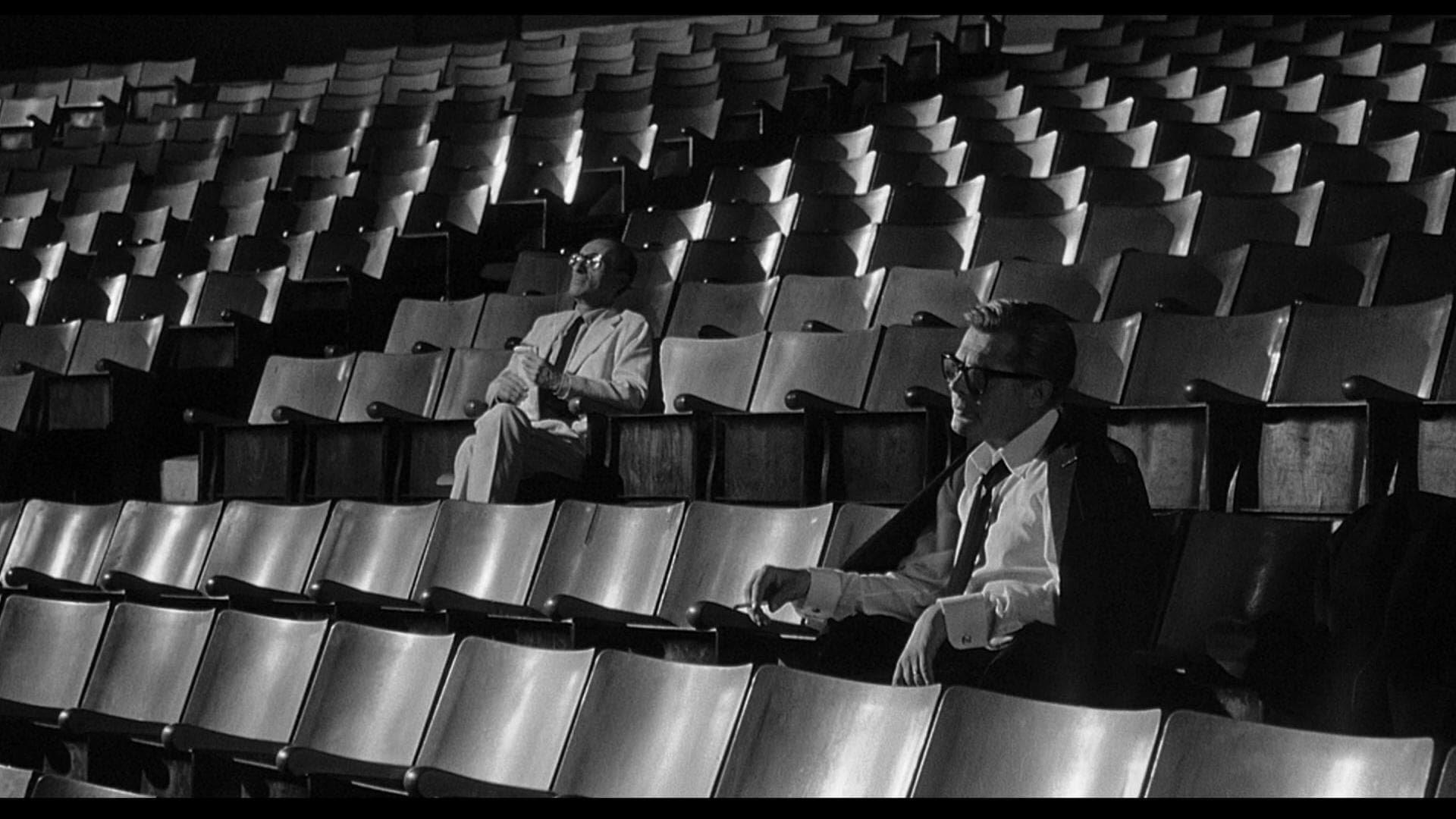
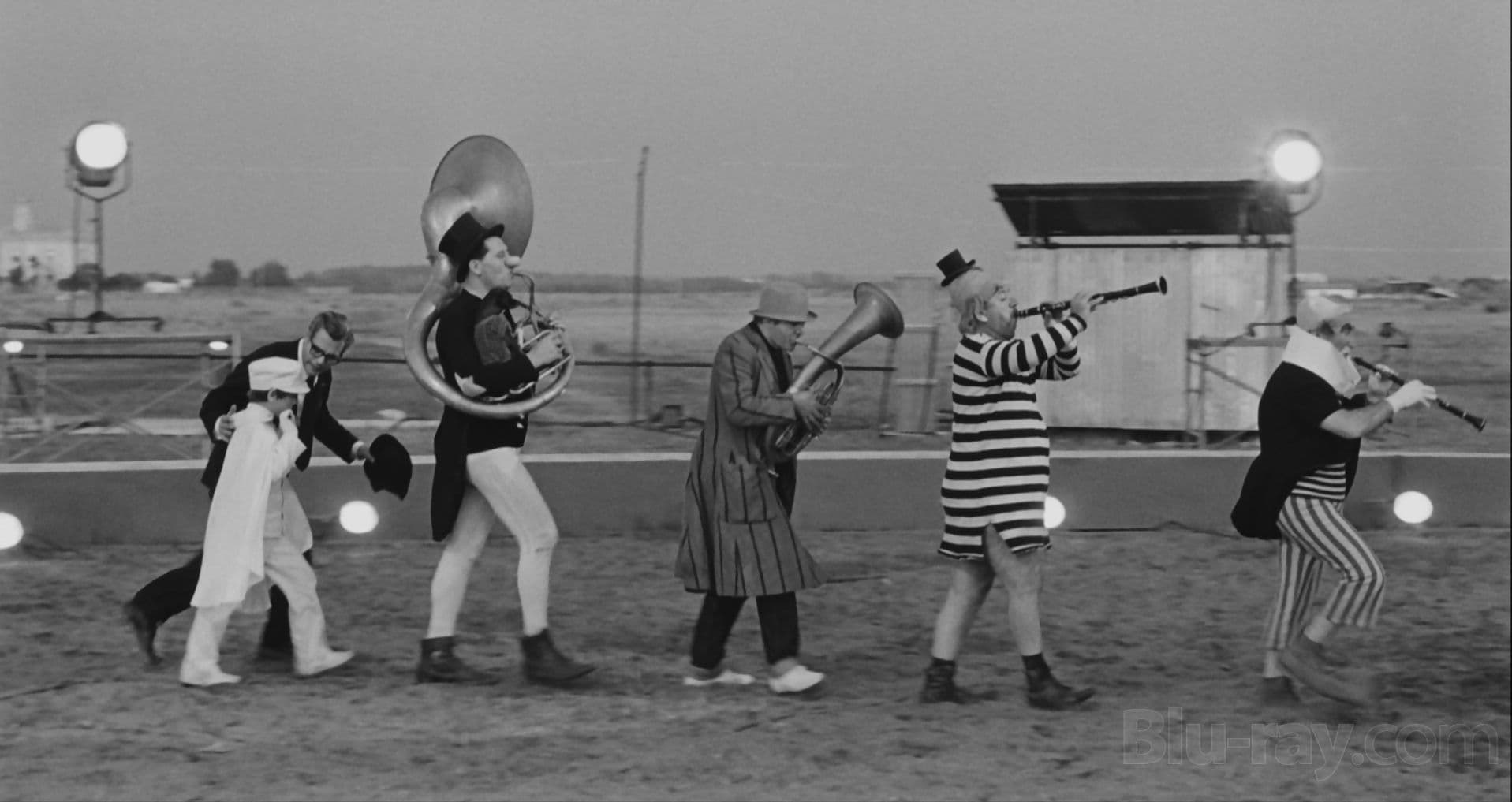

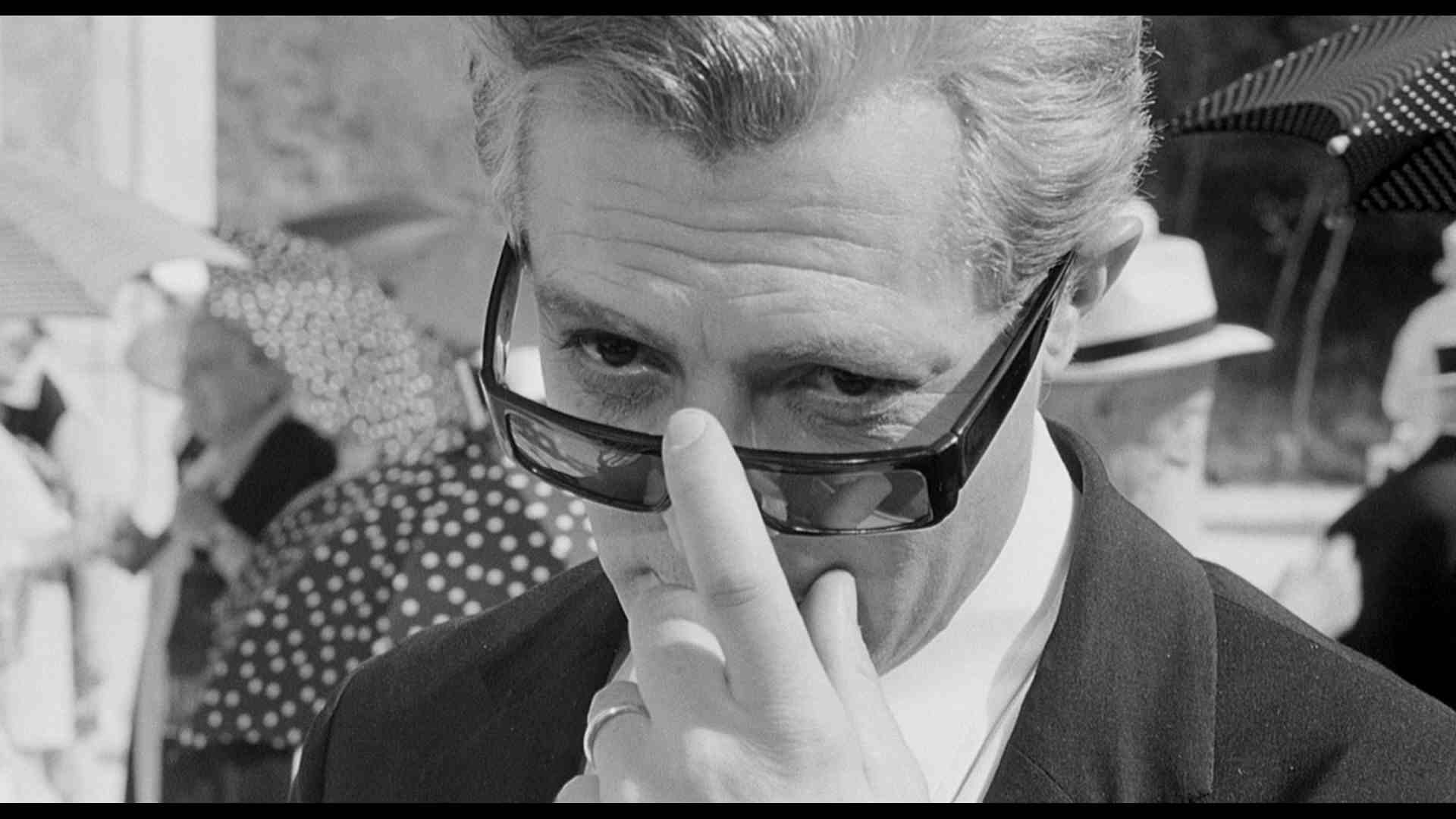

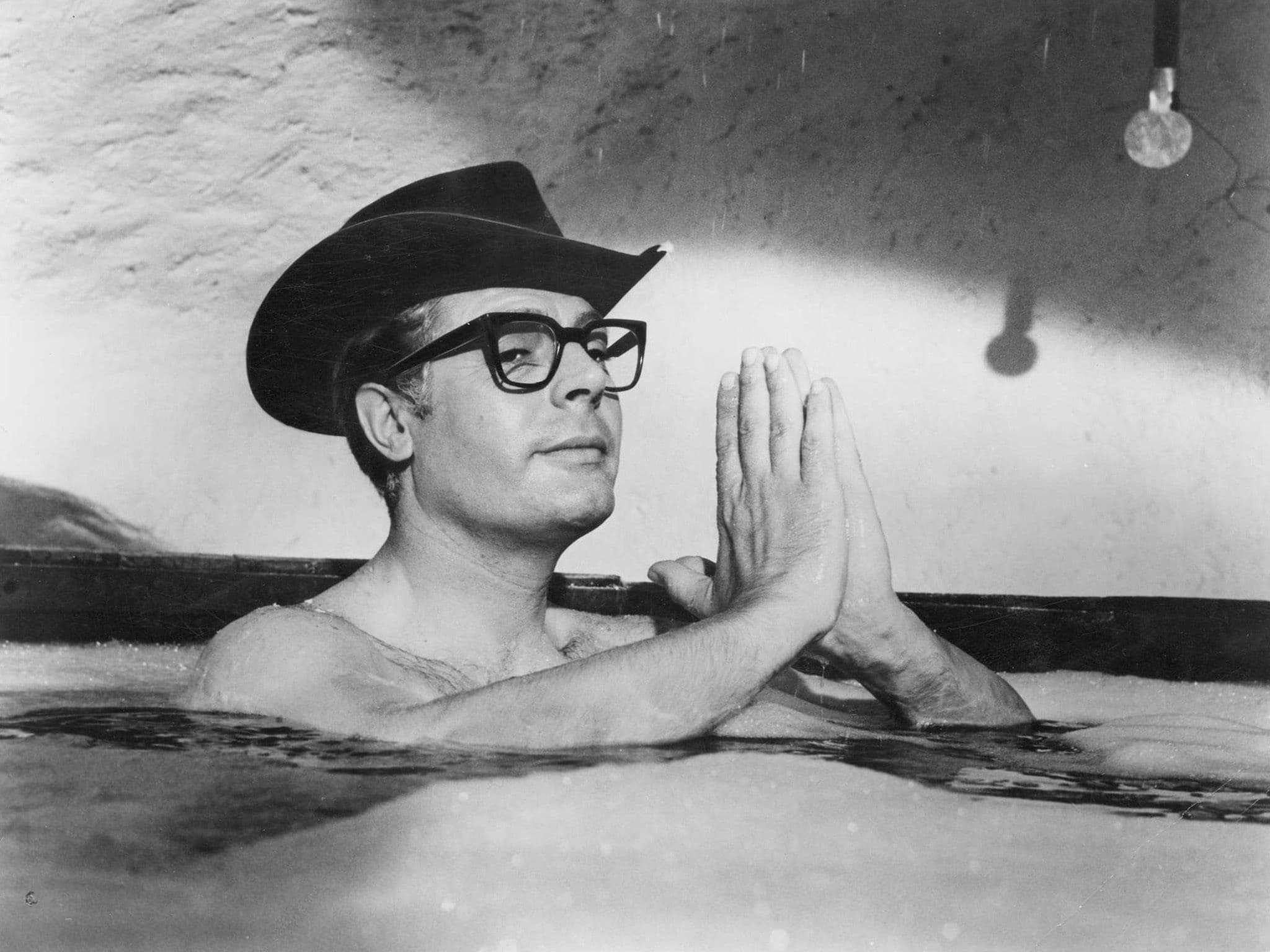

Featured Videos
Official Trailer
Comments
Loading comments...